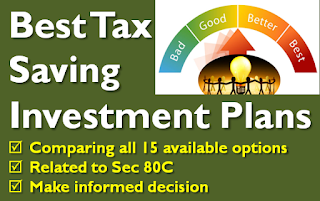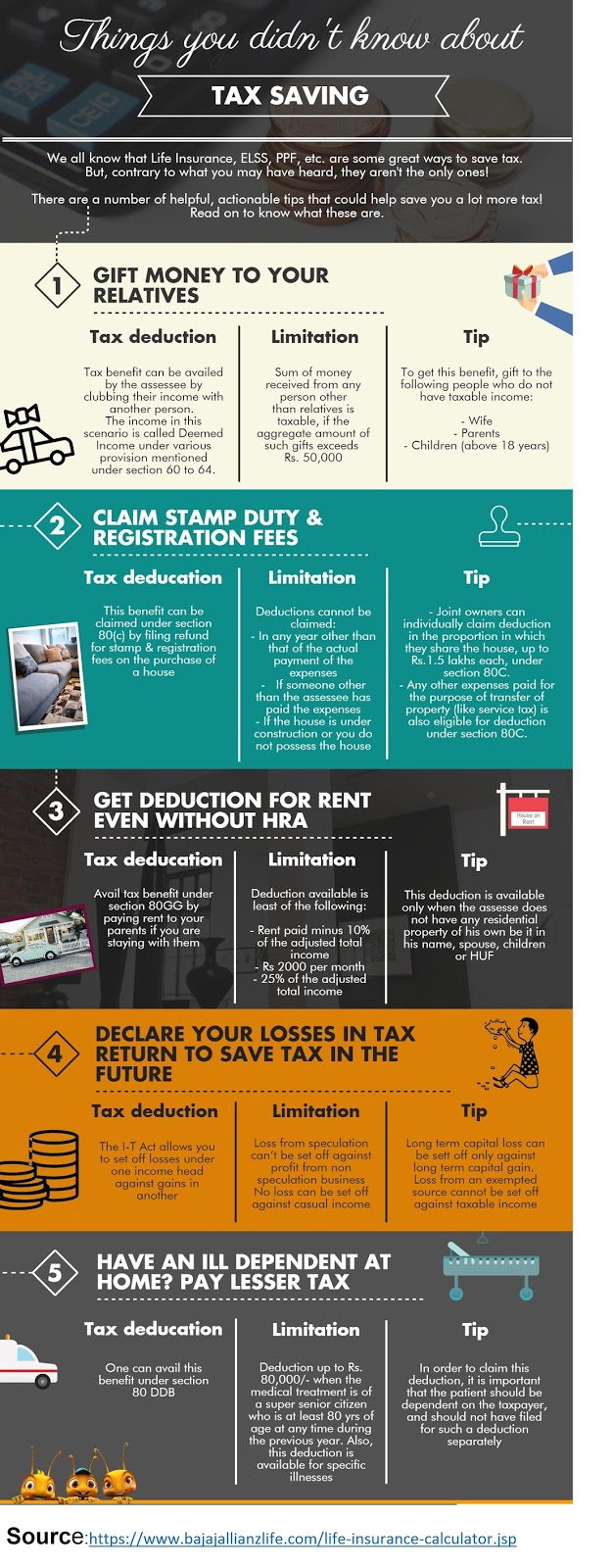The insurance sector has only 2% penetration in Indian market
largely to the fact that Indians see it as an avoidable expenditure. Many in
India don’t see the urgency to get insurance policies. A majority of Indians
still reside in rural areas or lesser developed towns where awareness is
restricted. Large percentage of illiteracy still prevails in major parts of
India. In order to penetrate deeper in the Indian market the insurers need to
spread awareness among the ‘centers of influence’ i.e. the ‘village sarpanch’
in case of villages. Centers of influence can be different for different
people. People mostly get influenced by people on whom they have trust. For
some they can be their family and friends as well. Many people in India still
don’t bother to buy essential insurance policies like health insurance. Reasons
can be many but one of the most common reasons is that people don’t find the
urgency to buy an Life
insurance policy. India is still a developing country and there is
large inequality of income spread. A large number of people somehow manage to
pay bills and any money left after paying bills is mostly spent on leisure or
savings in banks (mostly). Having an insurance policy like term insurance or health
insurance is still thought of as a luxury. It is seen in case of motor
insurance that people in order to avoid challahs or fine get only third party
insurance as it is mandatory. They don’t take comprehensive motor insurance
policies that cover their own vehicle as well. The whole ideology is to save or
avoid paying premium even if they are exposed to a higher financial risk. Many
people mostly in second and third tier cities where traffic checking is less
strict than a city like Delhi don’t even bother to get third party or liability
insurance done for their vehicles. The defaulters are obliged to be penalized
heavily. Still, in order to avoid paying premium they don’t get it done. And
there are many others who still don’t trust that their claim would be paid by
the insurance company when the need arises. Maybe they have seen or witnessed
cases where claims have been rejected by companies. There can be faulty or
fraudulent claims by the policyholder.
Although the scenario has been changing post liberalization
with the advent of many private players in the Indian Insurance market space
there are still paths left to be unblocked. Some of the world’s largest and
most reputed insurance companies partnered with Indian corporate houses have
ventured in India. They have brought international expertise and know how in
the country. With aggressive advertising and transparent disclosures the
insurance industry is expanding. It is still in a very nascent stage. There
have been major alterations and modifications in handling the various
intermediaries in the insurance sector to make insurance selling fairer and
more convenient. The easier accessibility of the internet and rage to buy
everything online among the masses has seen the birth and exponential rise of
online insurance policies being offered by various insurers.
A lot of awareness and trust is still to be spread among the
Indian masses to encourage them to be adequately insured. Insurance is an
extremely importance risk management tool. Not being insured or being
underinsured is a major risk. Being adequately insured gives a person a sense
of self sufficiency and confidence to face adversities. This message has to be
scribbled in the Indian psyche. Insurance is not a mere tax saving scheme
rather it is the most trusted confidant that would come to aide in the most
desperate times. With more education and fair trade practices one can hope to
see a fair insurance market penetration in the country in times to come.
Source: http://tax-saving-plans.tumblr.com/post/144543645260/many-in-india-still-think-that-insurance-is-an





